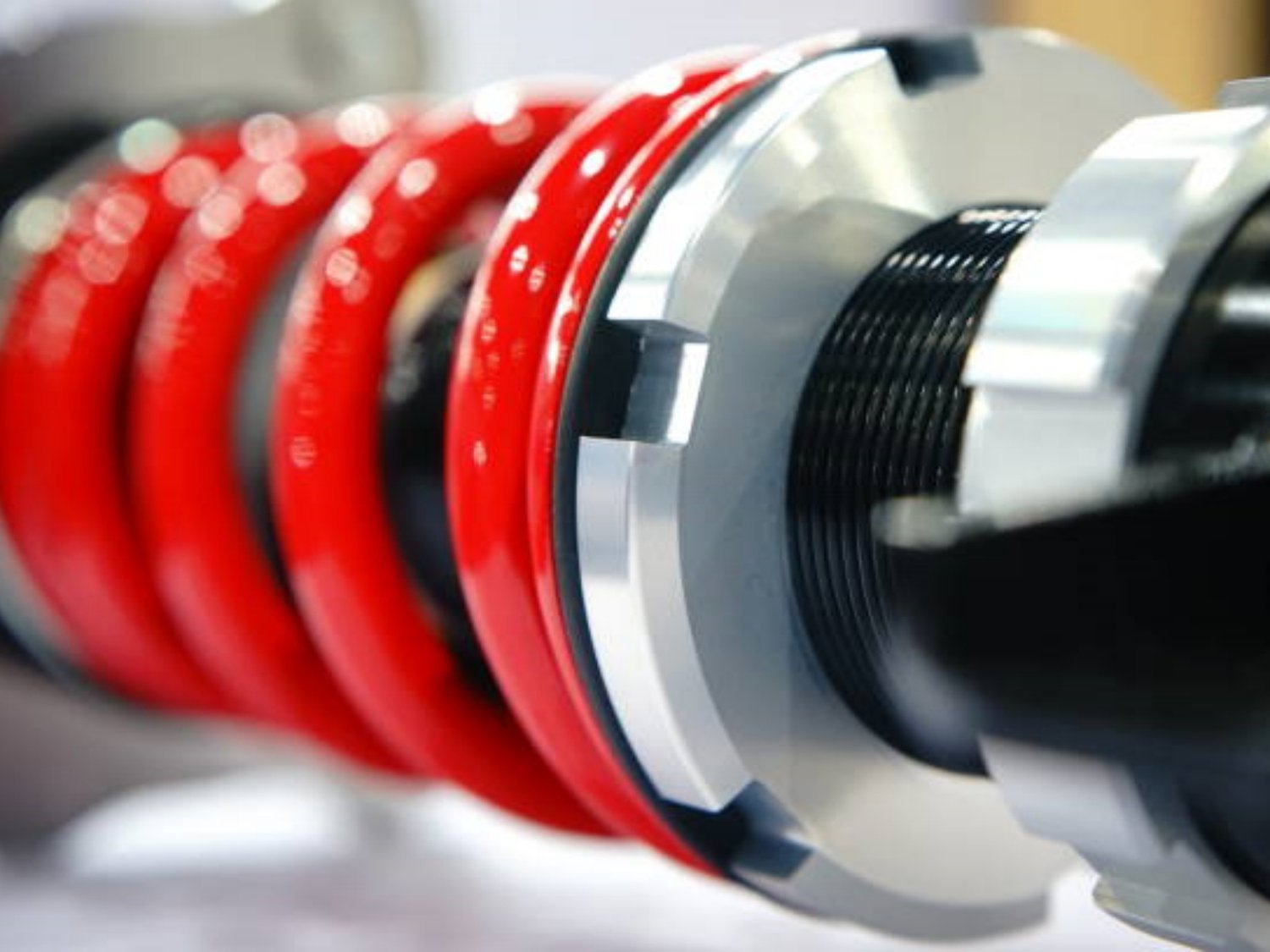Whether you're driving on a bumpy road or cruising along a smooth highway, your vehicle's suspension system plays a crucial role in providing a comfortable and controlled ride. At the heart of this system is the suspension spring, which absorbs shocks and vibrations, keeping your car stable and ensuring a smooth driving experience. In this article, we will explore the various aspects of suspension springs, their importance, and how they contribute to the overall performance of your vehicle.
The Basics of Suspension Springs
Suspension springs, also known as coil springs, are mechanical devices that store and release energy to absorb the impact and vibrations generated by uneven road surfaces. They are typically made of durable steel and are designed to withstand significant pressure and constant compression and expansion cycles. Suspension springs are an integral part of a vehicle's suspension system, working in conjunction with other components to provide optimal handling and comfort.
Function of Suspension Springs
The primary function of suspension springs is to support the weight of the vehicle and absorb shocks and vibrations caused by road irregularities. When your vehicle encounters a bump or dips into a pothole, the suspension springs compress, storing potential energy. This energy is then released as the spring expands, helping to maintain the stability of the vehicle and minimizing the impact felt by the passengers.
Types of Suspension Springs
There are several types of suspension springs used in different vehicles, each offering unique characteristics and performance benefits. The most common types include:
1. Coil Springs
Coil springs are the most widely used suspension springs. They consist of a helical-shaped wire that provides a linear rate of compression and extension, offering excellent ride comfort and stability.
2. Leaf Springs
Leaf springs are commonly found in trucks and heavy-duty vehicles. They are made up of several layers or leaves of spring steel that are stacked together, providing a higher load-carrying capacity and improved stability.
3. Torsion Bars
Torsion bars are used in some vehicles as an alternative to coil springs. They function by twisting along their axis, storing and releasing energy to absorb shocks. Torsion bars offer a compact design and are often used in vehicles with limited space.
Signs of Worn Suspension Springs
Over time, suspension springs can wear out or become damaged, compromising their performance and the overall ride quality of your vehicle. Some common signs of worn suspension springs include:
1. Rough Ride
If you notice that your vehicle's ride has become noticeably rougher and less comfortable, it may indicate worn suspension springs. The springs may have lost their ability to absorb shocks effectively, causing you to feel every bump on the road.
2. Uneven Tire Wear
Worn suspension springs can lead to uneven tire wear. If you notice that your tires are wearing out more quickly on certain spots or have uneven tread wear, it could be a sign that your suspension springs need attention.
3. Vehicle Sits Lower
If you observe that your vehicle sits lower than usual, especially on one corner or side, it could be a result of sagging or broken suspension springs. This can affect the overall handling and stability of the vehicle.
Maintaining and Replacing Suspension Springs
To ensure the longevity and performance of your suspension springs, regular maintenance is crucial. It is recommended to have your suspension system inspected by a qualified technician as part of your routine vehicle maintenance. They can identify any issues with the springs and recommend appropriate repairs or replacements.
When it comes to replacing suspension springs, it is essential to choose high-quality springs that are designed for your specific vehicle make and model. Working with a reputable automotive service provider will ensure that you get the right springs and that they are installed correctly, optimizing the performance and safety of your vehicle.
Conclusion
Suspension springs are vital components in your vehicle's suspension system, providing stability, comfort, and control. By efficiently absorbing shocks and vibrations, they contribute to a smooth and enjoyable driving experience. Regular maintenance and timely replacement of worn suspension springs will help ensure that your vehicle continues to perform at its best, providing you with a safe and comfortable ride for many miles to come.

